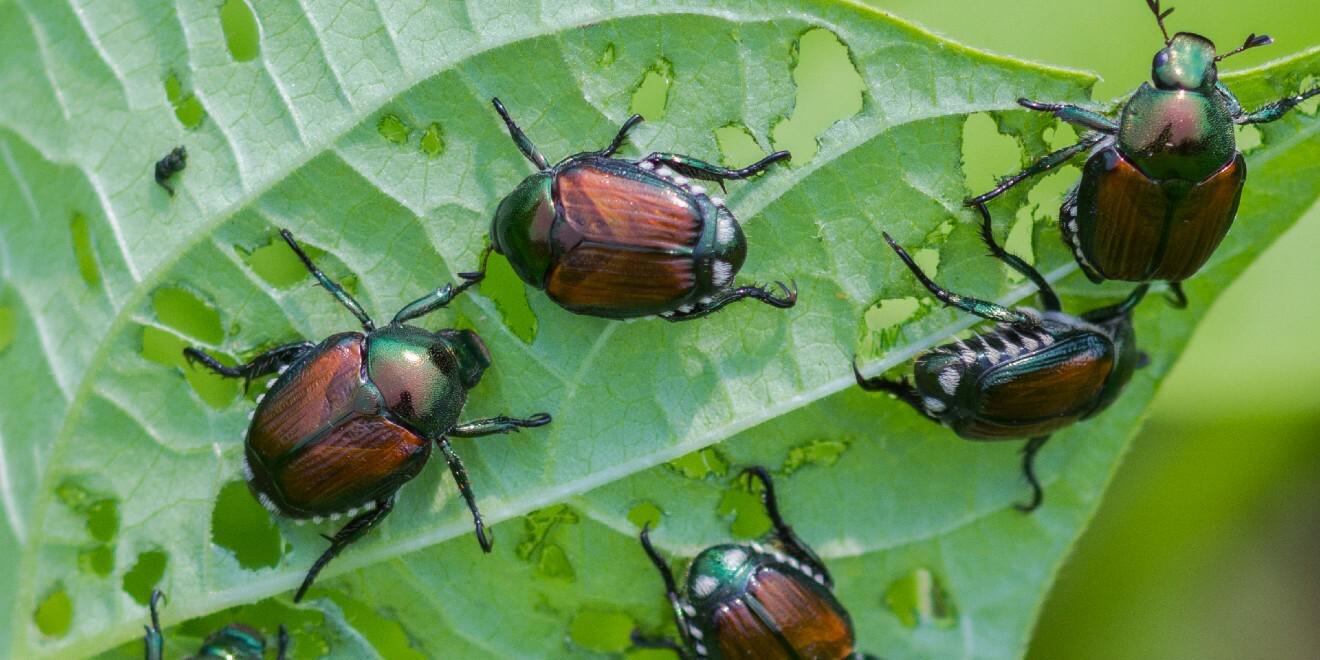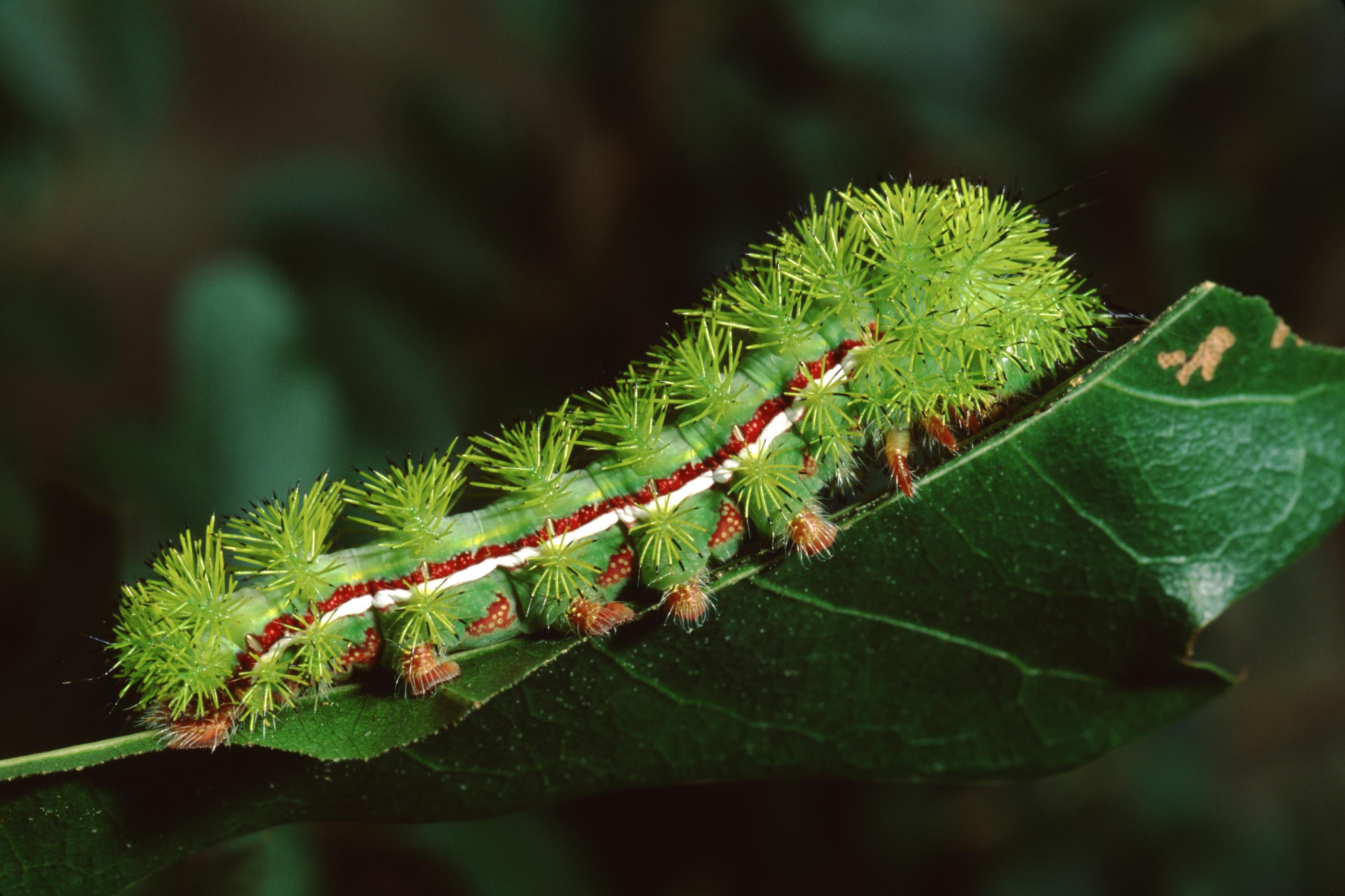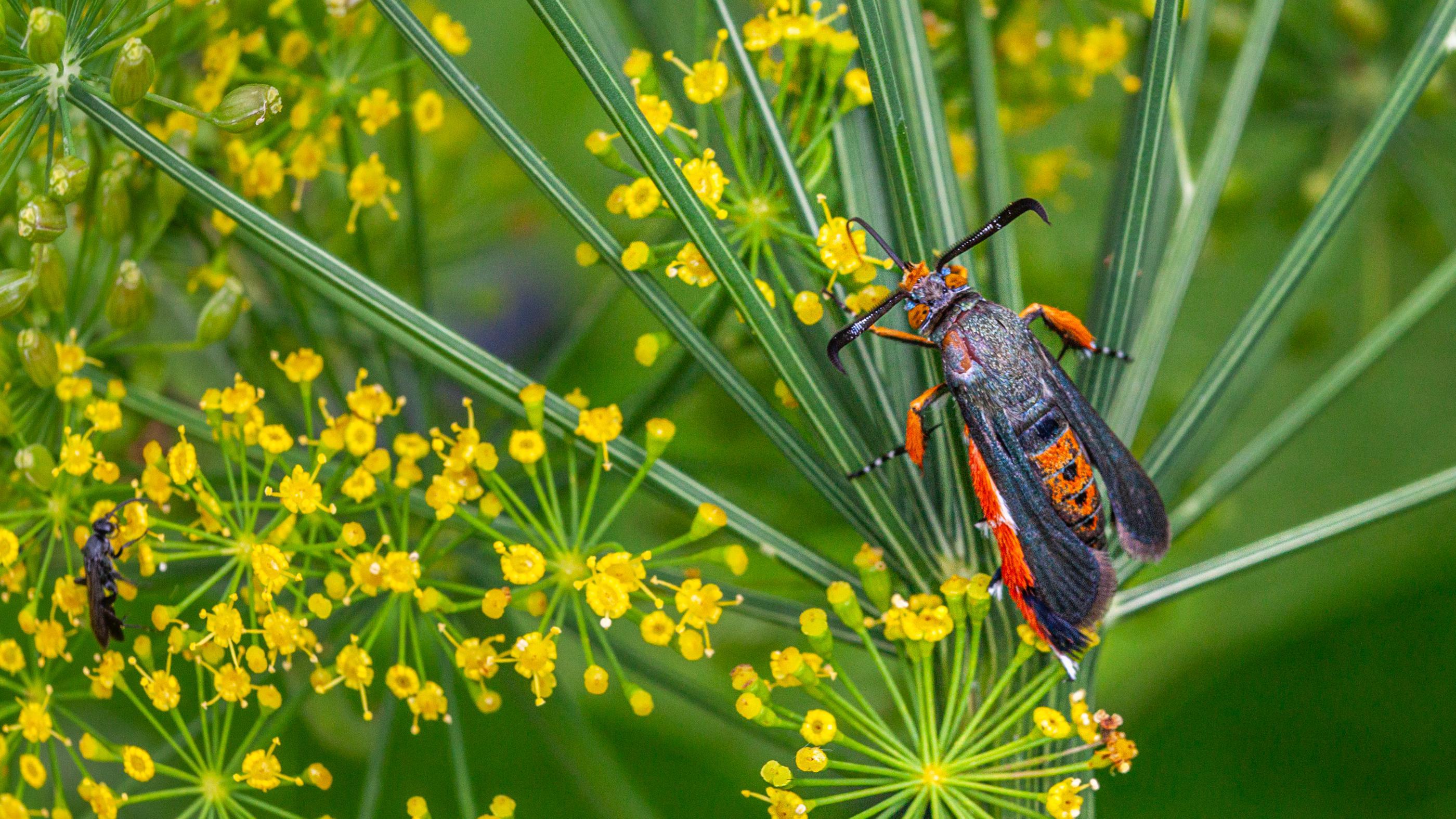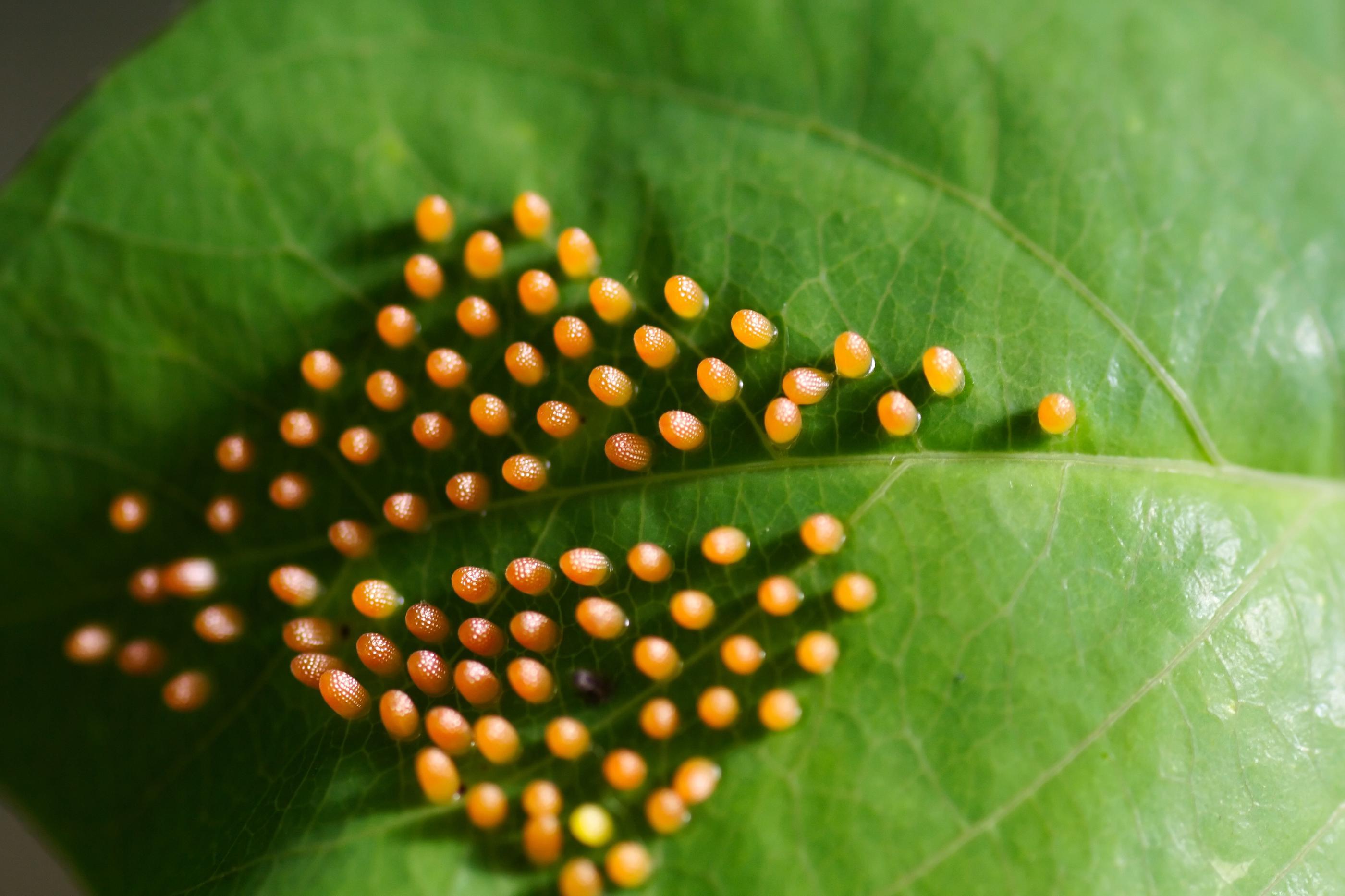Tick Harboring Plant Banned in Massachusetts
Posted by Mosquito Squad
August 13, 2018
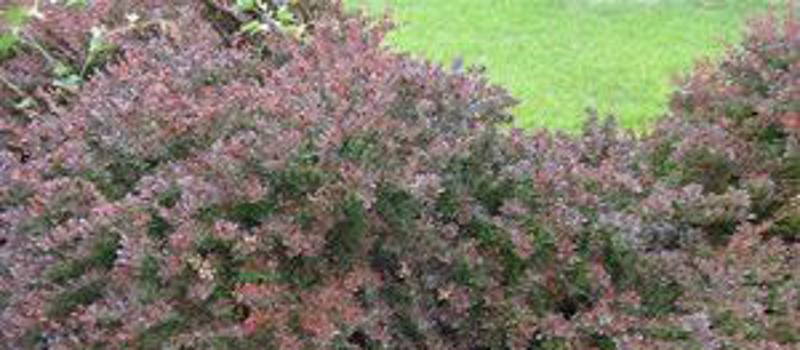
Has it ever occurred to you that the plants in your yard could be the perfect tick compound? According to research, the Japanese Barberry plant is just that. WGME Channel 13 News reports that this plant, very popular for hedging, has been officially banned in Maine. It’s brilliant color and thorny tips make it a perfect barrier. However Gary Fish, the state horticulturist, says it’s a “bad, invasive plant.” It is so invasive that it keeps native plants from growing and it doesn’t provide habitat or food for local wildlife.
Barberry Fuels the Threat of Lyme Disease
It seems this bush is a “magnet” for ticks and mice. By providing the kind of shade and humidity that both need while keeping their predators out, ticks and mice that carry Lyme are provided a safe home. Last year in Maine there were 1,800 reported cases of Lyme disease and the CDC believes that only a 10th of the cases are ever actually reported. Armed with this information Maine decided the best thing that they could do was ban the plant altogether and they aren’t the first.
Japanese Barberry is Banned in Massachusetts
Japanese Barberry has been banned in New Hampshire for over 10 years and it’s banned right here in Massachusetts as well. It’s very likely that more will follow. The banning of a plant means that it can no longer be sold, however, if you have them at home you may really want to consider replacing them. Native plants are a great replacement. They are good for the kind of wildlife that you do want around your home.
Other Effects Plants Can Have
The ticks that carry Lyme disease aren’t called deer ticks without reason. They come to our yards on the backs of local deer. So keeping the plants that attract deer out of your yard is another thing to think about as you are replacing your Barberry plants. Deer love to eat hostas and daylilies. Also, they are attracted to fir type evergreens. Consider poisonous flowers like daffodils or poppies and strong fragrant plants such as sage and lavender. Getting rid of the plants that make good homes for mice and keeping the deer from being attracted to the edges of your yard for food will help keep the tick population down and lessen the threat of Lyme disease.
Plants, or lack thereof, aren’t the only cure. Professional treatment for ticks is really more than just a suggestion with Lyme being at the levels that it is here. It’s a necessity. At Mosquito Squad of Southeastern Mass, the combination of our barrier treatment and tick tube system works to eliminate ticks on your property this season and into the next. Call us today and let share everything we have to offer in tick protection with you.

